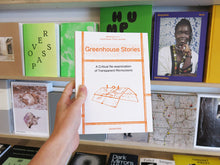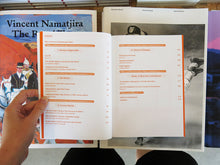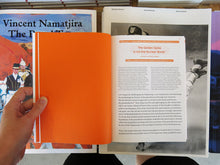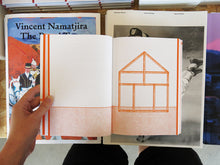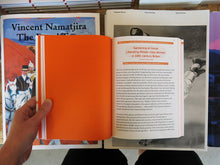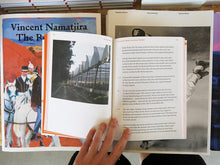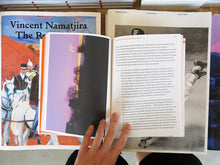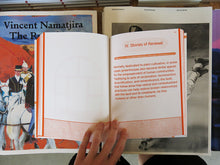
Architecturally speaking, the term ‘greenhouse’ refers to buildings designed to optimally protect, cultivate and propagate plants under conditions that artificially reproduce their environments of origin. Employed successfully over centuries, these transparent microcosms have allowed some nations to improve their scientific knowledge, provide botanical education and develop horticultural innovations. Parallel to the benefits they brought with them, greenhouses have also had – and still have – harmful consequences on the way we relate to others, both humans and other-than-humans, and the environments we co-inhabit with them.
Shifting away from the celebration of greenhouses as technical mastery and exceptional architectural feats, Greenhouse Stories is an invitation to critically look at greenhouses as controversial (agri)cultural production tools. Re-examining them from a social, historical, environmental and creative perspective, the essays and interviews featured in this book highlight stories of vegetal displacement, colonial appropriation and pollution. Yet they also help us to understand that greenhouses can be fertile spaces for women's empowerment and the nurturing of socially-engaged and eco-conscious projects.
At a time of great anthropocentric pressure on the planet, we believe that questioning the greenhouse as a symbol and a tool can help us re-establish more humble and meaningful connections with the Earth and its living communities.
With contributions by: Natalya Ayers, Luis Berríos-Negrón, Adriana Craciun, d-o-t-s, Charlène Flores, Monica Gagliano, Prudence Gibson, Fiona Inglis, Téa Laurent, Michael Marder, Coltrane McDowell, Joanna Moreno Michels, Claire Ratinon, Simon Ronceray, Penny Sparke, Kate Teltscher, Ken Walczak.
224 pages, 16 x 22 cm, softcover, Onomatopee (Eindhoven).
Shifting away from the celebration of greenhouses as technical mastery and exceptional architectural feats, Greenhouse Stories is an invitation to critically look at greenhouses as controversial (agri)cultural production tools. Re-examining them from a social, historical, environmental and creative perspective, the essays and interviews featured in this book highlight stories of vegetal displacement, colonial appropriation and pollution. Yet they also help us to understand that greenhouses can be fertile spaces for women's empowerment and the nurturing of socially-engaged and eco-conscious projects.
At a time of great anthropocentric pressure on the planet, we believe that questioning the greenhouse as a symbol and a tool can help us re-establish more humble and meaningful connections with the Earth and its living communities.
With contributions by: Natalya Ayers, Luis Berríos-Negrón, Adriana Craciun, d-o-t-s, Charlène Flores, Monica Gagliano, Prudence Gibson, Fiona Inglis, Téa Laurent, Michael Marder, Coltrane McDowell, Joanna Moreno Michels, Claire Ratinon, Simon Ronceray, Penny Sparke, Kate Teltscher, Ken Walczak.
224 pages, 16 x 22 cm, softcover, Onomatopee (Eindhoven).







